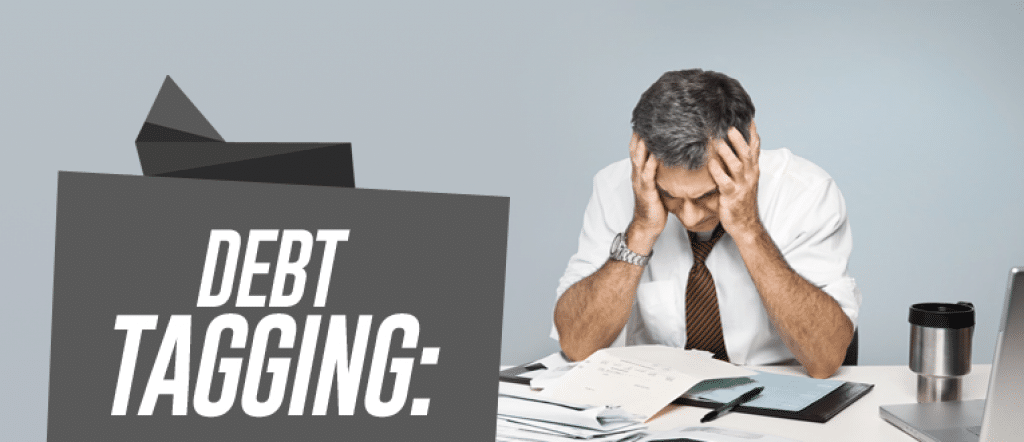What is debt tagging?
Debt tagging describes the wrong person being held responsible for another person’s debt.
Debt collectors often use aggressive tactics and may report the outstanding debt to credit bureaus, which results in the victim’s credit record being tagged.
How it happens
It’s a growing trend among debt-collectors, according to financial experts.
With old, outdated and inaccurate information in their possession, debt collectors reach out to the wrong person.
They begin by explaining they are owed a debt. It might be a couple hundred dollars, or it could be tens of thousands.
The victim, of course, isn’t the person who actually owes the debt, but those trying to collect it ignore the facts presented by the victim.
If the victim has the same name as the person who actually does owe the debt, or even a similar name, the likelihood of being targeted is even higher.
Without warning, the victim’s credit history takes a big hit as the debt-collectors attach their claim to it.
What can I do if I’ve been a victim of debt tagging?
First, make it clear to the debt collectors that you know your rights under the Fair Debt Collection Practices Act.
Ask for the name and address of the company trying to collect the debt.
Find out who the debt was originally with and how much.
Then demand the debt collector send you written documentation proving the debt not only exists, but belongs to someone else and not you.
And if you’d like to stop receiving calls from the debt collector, send them a cease-and-desist letter ordering that it stop, and send it through certified mail.
Laws are in place that order the debt collector to stop when this happens.
Never tell a debt collection agency you plan to pay a debt that doesn’t belong to you, but ask for the company’s name, address, and phone number.
Make it clear the debt doesn’t belong to you.
It may be helpful to order your credit report from the three major credit bureaus.
You can do so by going to annualcreditreport.com, which is authorized to provide free copies of the reports under federal law.
If the debt collection agency has refused to provide you with its own contact information, you may just find their information on your credit history report.
This is true especially if they’ve already tagged you with someone else’s debt.
Log on to websites for the Better Business Bureau, Consumer Affairs, and others to tell about your experience with this debt collection agency that is improperly targeting you for someone else’s debt.
And alert the Federal Trade Commission, which can put a stop to debt collection agencies who have a number of complaints filed against them.
If collection attempts persist, you may have to seek professional help.
Keep a list of each call you receive about the supposed debt.
In some instances, an attorney may be required to help settle the dispute once and for all.
Federal laws provide financial penalties for debt collection agencies that wrongly target consumers.
You may also contact credit bureaus and ask for their fraud departments.
If you’re being accused of a debt you didn’t create, these departments may offer guidance in clearing up the matter.
Resources
Annual Credit Report: www.annualcreditreport.com
Better Business Bureau: www.bbb.org
Consumer Affairs: www.consumeraffairs.com
Federal Trade Commission: www.ftc.gov.
[/vc_column_text][/vc_column][/vc_row]
